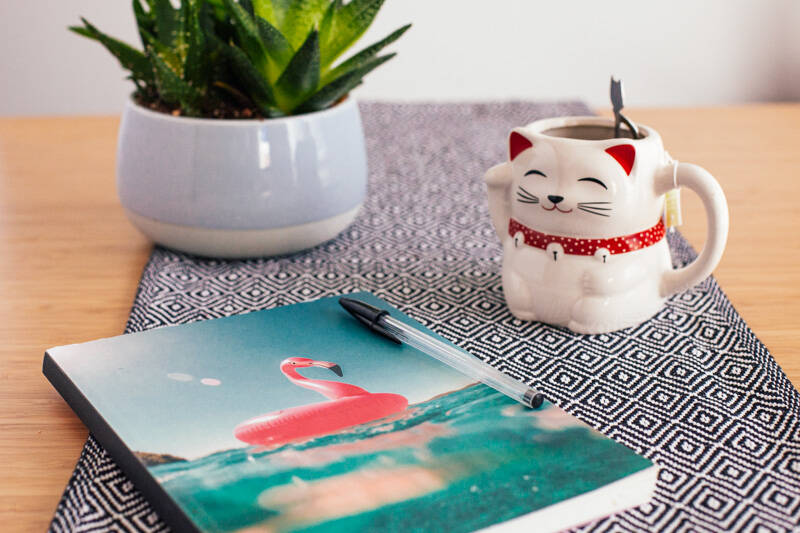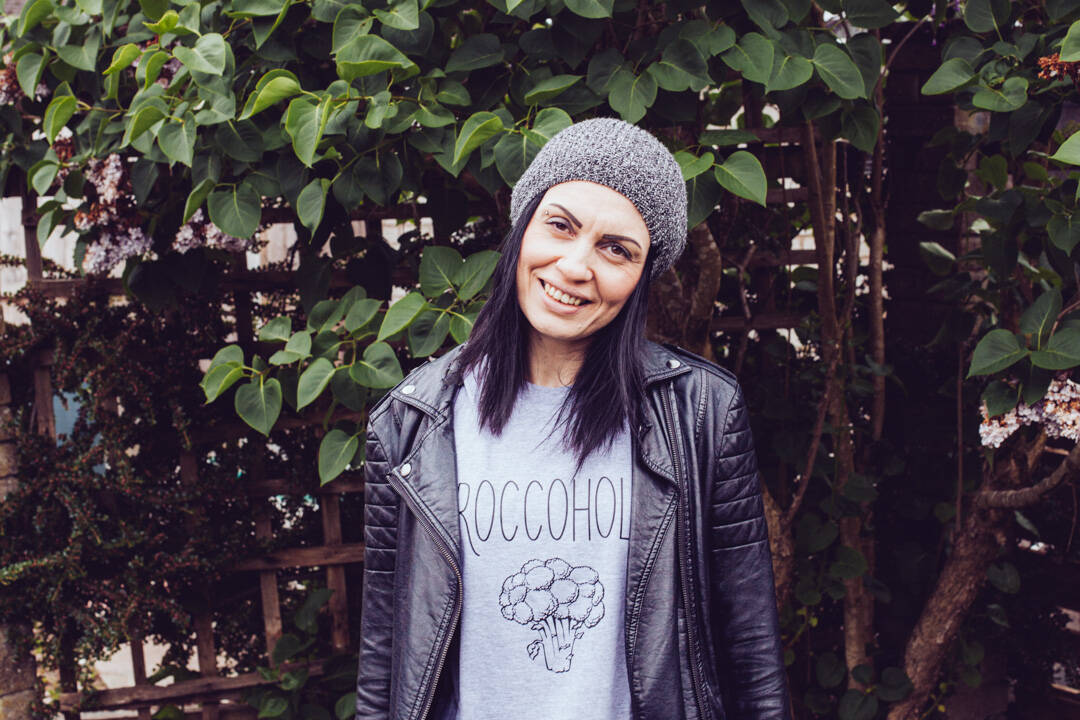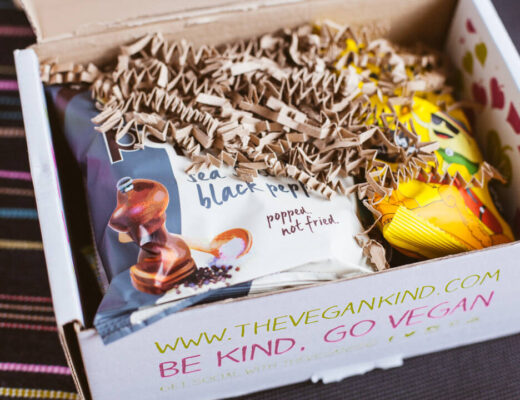Training to become a counsellor isn’t easy. Getting out of my comfort zone, learning to be vulnerable, and becoming self-aware are the things that have pushed me to my limits. In order to deal with the last two, I’ve had to push through the first one – repeatedly. When I was on level 2, a level 3 student came to talk to our class, and he described the training as being turned inside out and back again. Someone else described it as being put into a washing machine on a spin cycle. Both of which I’ve experienced in the last few weeks. It’s not for the feint hearted.
In my last post, I talked about what prompted me to train to become a counsellor. Today, I want to talk about the things I’ve found the hardest.
Getting out of my Comfort Zone
Life begins at the end of your comfort zone – Neale Donald Walsche
The thing with comfort zones is, there’s no hard and fast rule about what they are, and what you need to do to get out of them. They’re different for everyone. Your comfort zone will look wildly different to mine. You’ll also find, the more you want something, the more inclined you’ll be to reach outside of it.
When I started training to become a counsellor, I had no idea what to expect. I knew it wouldn’t be easy and I knew I’d be expected to do things that made me feel uncomfortable. But that was about it. If I’d have known exactly what lay ahead, there’s a good chance I wouldn’t have enrolled.
Each week brings new challenges, and sessions can be emotionally draining. I’ve lost count of how many times I’ve wanted to quit – but I’ve kept going. Each time I break, I put myself back together again, and each time I put myself back together, the stronger I become. I used to shake when giving a presentation, and my mouth felt like sandpaper. My anxiety would be so high, even though I was reading off a sheet of paper, I would dissociate with what I was saying. I couldn’t process the words and had no idea if I was even speaking in coherent sentences. But I did it, now each time I do something like this, my anxiety gets a little less.

Vulnerability and Trust
Staying vulnerable is a risk we have to take if we want to experience connection – Brené Brown
Learning to be vulnerable and building up trust is a huge part of training to be a counsellor – and it’s been the hardest part of my training so far. Trust doesn’t just happen, it’s something that’s built over time, but if I want to connect with people, I need to allow myself to be vulnerable. Just like trust has to be built between a counsellor and their client, the same applies to building trust with my peers.
When I first sat across from someone in a skills practice session, I had no idea what to say. I had to use a real problem, something that was bothering me – something I’d be willing to share with this……stranger. It shouldn’t be too personal, but something I needed a little clarity on, or something I needed to try and see from a different perspective. Otherwise known as a top-drawer problem.
Sitting across from someone and having to share how I was feeling, was something I struggled with. I had to ask myself, how much did I trust the person in front of me and how much was I willing to share? Gradually, my instincts kicked in, and I found myself being drawn to certain people. I found myself a small group within the class, who I felt comfortable with, who I could trust enough with things that were bothering me. I knew I was in a safe space where the words could tumble out of my mouth and if needed, the tears could flow freely.
At the start of my second year, I felt like I was starting again. There were 6 of us from my first-year class, so there was already a level of familiarity and trust. Building trust with 10 new people, while learning to be vulnerable all over again, wasn’t my idea of fun. But I knew it was a two-way street and they were in exactly the same position.
Self-Awareness
Whenever you are about to find fault with someone, ask yourself the following question: What fault of mine most nearly resembles the one I am about to criticize? – Marcus Aurelius
Becoming self-aware is tough. Learning about why we are, the way we are, can be eye-opening. Our values and beliefs are engrained in us from an early age. Our primary care givers, parents, grandparents, the people we spent time with the most; the way they behaved, the things we grew up believing were right or wrong. Wow. Can. Worms. Open. Everywhere.
If I don’t get to know myself, by turning myself inside out and figuring out why I hold certain values, beliefs, and judgements or where my limiting beliefs come from – I can’t fully help others.
The only way I can help others, is by understanding myself first.
Each week I have to write a learning journal. I process thoughts and feelings from what I’ve learnt in class, link it to criteria and give examples of how it relates to my own life. This year, I have to link it to theory as well. It’s not enough to have an aha moment about something from my childhood I thought I was over. I have to be able to back-it up and link it to counselling theory, proving I understand what I’m learning, and why that event was significant.
Last year, my journal was invaluable at uncovering internal blocks, figuring out why I can empathise with some people more than others, and learning more about my personality, my personal history, and my personal relationships. It also helped me figure out how I would deal with certain blocks, in a counselling situation. Person-centred therapy is about providing a safe space where someone can talk freely, without judgement. If someone’s values don’t align with my own, I have to push my feelings aside and just listen. It’s not about me, it’s about maintaining complete focus on the client and their problem.
Level 3 is a whole different ball game, and with only 9-weeks to go, this year has been tough.

Goodbye comfort Zone, Hello Feeling Uncomfortable
Whatever makes you uncomfortable is your biggest opportunity for growth – Bryant McGill
In order to become a counsellor and help others, I first have to know myself – inside out. Unfortunately, that includes doing all the things that make me feel uncomfortable and push me outside of my comfort zone. Not only by doing presentations, and taking part in personal development groups, but by allowing myself to be vulnerable, putting my trust in others and becoming more self-aware.
I want to be a counsellor and, to do that, I need to get uncomfortable. Some days I think the discomfort is worth it, and other days I don’t. You’ll get a different answer depending on which day you ask me! But the thing I’ve learnt about comfort zones is this: if it’s something I want, I’ll get comfortable with being uncomfortable. Pushing through them is hard, but reaching the other side feels empowering. There’s a feeling of accomplishment and pride. When I look back on what I did to get there, it never seems as bad as I remember.
I’m happy to get outside of my comfort zone for something that means something to me, and I’m willing to partake in a certain level of squirming if it will add value to my life.
What I don’t believe in, is getting outside of my comfort zone for the sake of it. There’s a lot of talk of busting out of our comfort zones, feeling the fear, and doing it anyway etc. But I don’t believe in forcing myself to do something, that doesn’t mean anything to me.
Training During a Pandemic
When we are no longer able to change a situation, we are challenged to change ourselves. – Viktor Frankl
With the current pandemic, my training for level 3 is completely different to level 2. Learning over Zoom is easier in some ways, but more challenging in others. As an introvert, I like being at home and not having to sit in a room with 15 other people. I’m finally starting to find my voice, and if I have a question or something I want to say – I’m happier to speak up, rather than sitting in silence like last year. As an introvert, speaking up in a group, while everyone looks at me, is my worst nightmare. That’s where my anxiety kicks in; I get palpitations, my palms get sweaty and I struggle to say more than a couple of sentences. At home, it’s not as bad. I’m in a room on my own, with just some tiny faces staring back at me from my computer screen.
The challenge lies in building connections. Last year, we had the option of getting to know one another during our breaks. It took me a while to do this, but eventually, I started to go downstairs to the café for a cup of green tea and a chat, before the second part of the class. There’s also been a learning curve to practising counselling skills over video. Sometimes there’s a lag or a delay, it’s more challenging to pick up on someone’s body language, and it can be difficult seeing someone get upset, when you’re not in the same room.
Don’t get me wrong, these are valuable skills I’m learning, because with the current situation, there’s a good chance more counselling sessions will take place over video. But for something that relies so heavily on human connection and building relationships, it’s an adjustment that’s taken some time to settle into.
One Step at a Time
A journey of a thousand miles, starts with a single step – Laozi
The journey to becoming a counsellor, is also a journey of self-discovery.
My journey started because I wanted to help people. But along the way, I find I’m also helping myself. I’m slowly peeling back the layers and learning more about myself than I could ever imagine. Because in order to truly help others, I first need to know myself, and as my self-awareness grows, I become better equipped to help others. Which is why I started this journey in the first place.
Tell me, how do you feel about pushing yourself out of your comfort zone? Have you done anything recently to challenge yourself?






No Comments